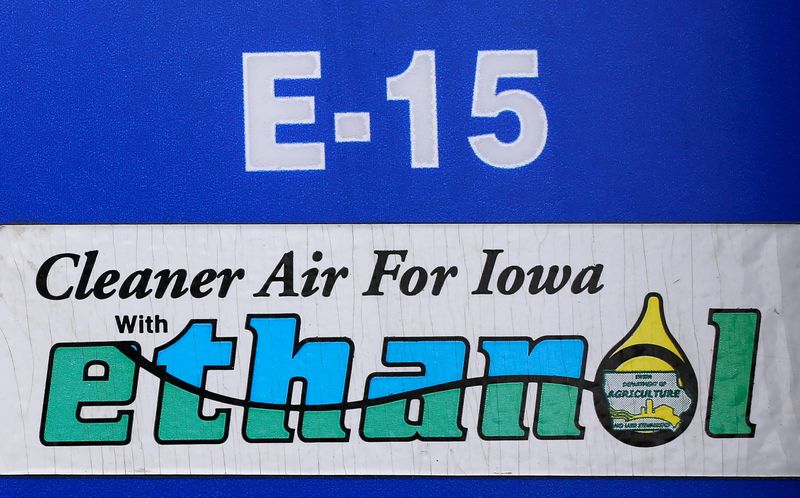By Jarrett Renshaw and Stephanie Kelly
NEW YORK (Reuters) – The U.S. is expected to release a climate model next week for clean fuel tax credits that will sharply reduce ethanol producers’ ability to access subsidies to produce sustainable jet fuel, three sources familiar with the matter said. the case to Reuters. .
The exclusion of climate-friendly agricultural practices, which the biofuel industry had hoped to rely on, marks a reversal from the last climate model update. The U.S. Treasury Department is expected to issue a notice of proposed rulemaking for the broader program, known as 45Z, later on Friday, leaving further decisions on the plan to President Donald Trump’s newly elected administration.
The updated climate model would also limit the scope for credits for used cooking oil imports, two sources said. Both used cooking oil and ethanol can be used in the production of SAF, which is made from non-petroleum feedstocks and has a smaller carbon footprint than traditional jet fuel.
President Joe Biden has committed to producing 3 billion gallons of sustainable SAF by 2030. Air travel is responsible for about 2.5% of global greenhouse gas emissions, making it a key target in the fight against climate change.
The Biden administration previously updated the climate model, called the GREET model, last year for an emergency tax credit under the clean fuel program that expired on January 1.
The new update is likely to anger ethanol producers seeking access to the credits, as SAF production can be lucrative for companies that have access to subsidies, but is expensive to make without credits.
Climate-smart agricultural practices include not tilling the soil, planting cover crops and using more efficient fertilizers.

As the Biden administration leaves further decisions to the Trump administration, investment plans for the sector are also likely to be postponed.
CBOT soybean oil futures rose more than 6% on Friday after Reuters reported on recent developments around the short-term tax credit guidance and climate model. “Whatever he (Biden) has in mind, I think we’re taking it into account today,” said Jack Scoville, vice president of Price Futures Group.


